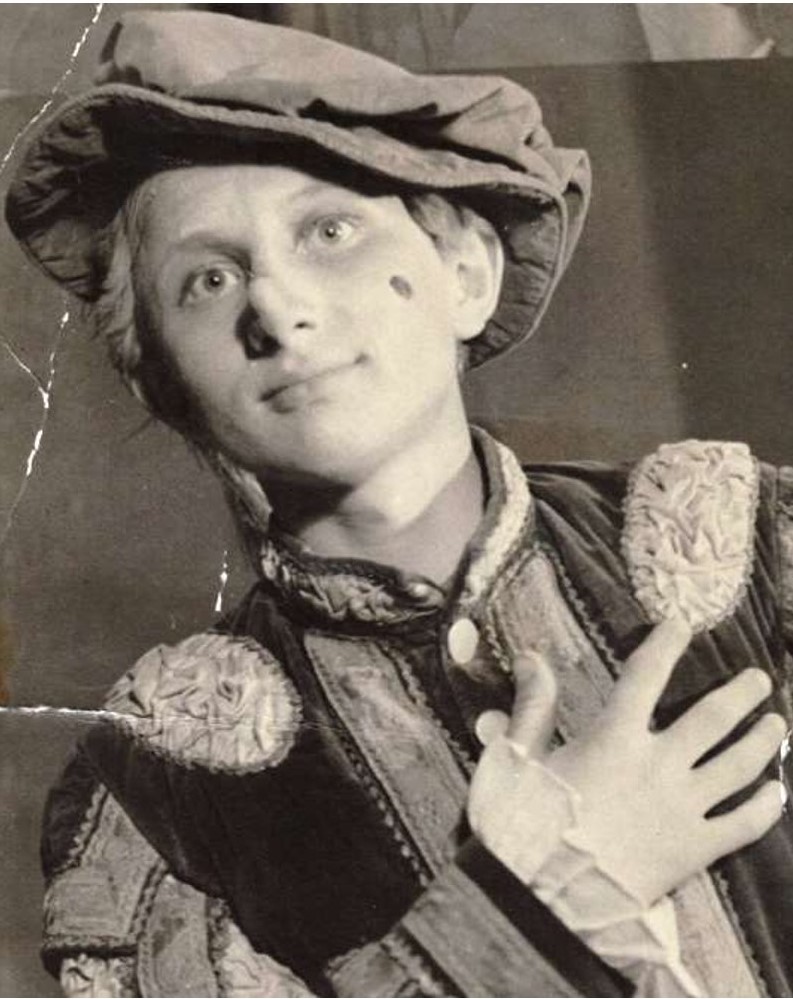Sokol is not just about sport. It‘s always been ready to defend our country

Stáhnout obrázek
Miroslav Lebduška was born on 20 June 1944 in Kameničky as the middle of three sons of the Lebduška couple. Because of his father‘s lucrative job offer as a miner, the family lived for two years in Albrechtice in Most. After graduating from the primary school in Trhová Kamenice, he continued his studies at the apprenticeship in Nové Město nad Metují, which he did not complete, as he decided to enter the secondary school of food processing, from which he was expelled at the end of his final year. Later, he entered the secondary school of construction, which he successfully completed in 1985. His immediate family was not in favour of the communist regime at that time. An uncle and one of Miroslav Lebduška‘s brothers emigrated and his father wrote a letter asking for a pardon for JUDr. Milada Horáková. Miroslav Lebduška‘s anti-Communist attitude caused the break-up of his first marriage, the loss of financial bonuses in his job and earned him the calling card of a so-called „westerner“. His parents were proud members of Sokol. He decided to follow in their footsteps and became a full member as well. Later he contributed to the renaissance of Sokol in Slatiňany, held the position of mayor and became the initiator of the award and also the author of the artwork of the Karel Pippich medal. His entire professional life was devoted to geology and construction activities.











